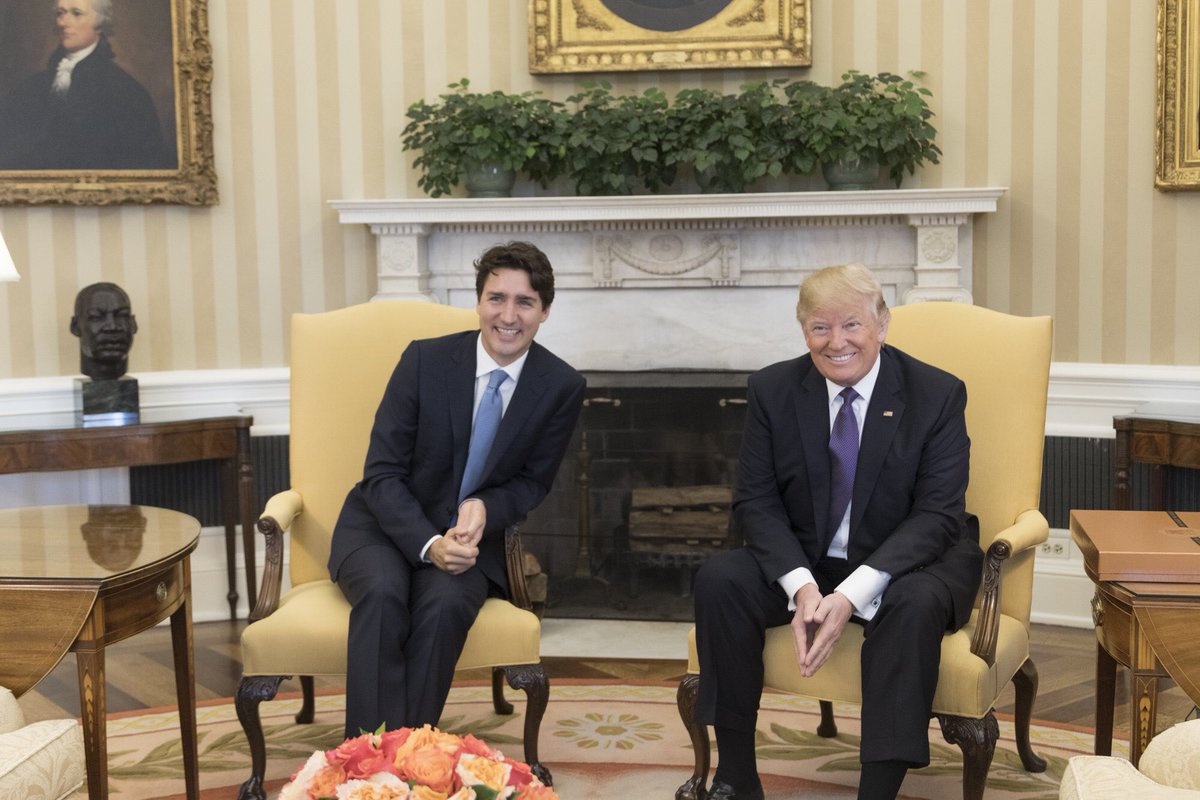Following his election win, President-elect Donald Trump engaged in a series of significant discussions with global leaders on Wednesday, fielding congratulatory calls and renewing critical alliances on the global stage. The diplomatic exchanges focused on shared security interests, economic cooperation, and strategic partnerships, setting the tone for Trump’s second term in office.
Israeli Prime Minister Benjamin Netanyahu was reportedly among the first to reach out to Trump. According to Netanyahu’s office, the two leaders had a “warm and cordial” conversation, underscoring a renewed commitment to Israel’s security. The call addressed mutual concerns, including the threat of Iran—a pressing issue as U.S. intelligence agencies have recently identified an alleged Iranian plot to target Trump. The conversation highlighted the leaders’ intentions to work closely on strengthening security in the region, marking a notable shift from their previous differences. Although Trump and Netanyahu had a strained relationship in his first term, they have reestablished a cooperative dialogue, sharing phone conversations frequently in recent months.
In another crucial conversation, Canadian Prime Minister Justin Trudeau spoke with Trump about the “enduring and successful partnership” between the U.S. and Canada. Trudeau’s office reported that the two leaders revisited the U.S.-Mexico-Canada trade agreement, a significant deal that had been one of Trump’s major accomplishments in his first term. They discussed security concerns across North America, as well as the importance of maintaining reliable supply chains and countering unfair trade practices on the global stage.
Indian Prime Minister Narendra Modi also expressed optimism, tweeting about his “great conversation” with Trump. Modi conveyed his eagerness to continue strengthening India-U.S. ties in multiple sectors, including technology, defense, energy, and space. The dialogue between Trump and Modi reinforces the longstanding strategic partnership between the two nations, a relationship that has continued to evolve as both countries navigate complex international dynamics.
South Korean President Yoon Suk Yeol and Trump discussed key issues in East Asia, including North Korea’s involvement with Russia’s military efforts in Ukraine. According to Yoon’s principal deputy national security adviser Kim Tae-hyo, the conversation addressed economic cooperation and strengthening security ties. The leaders focused on the implications of North Korea’s regional influence and the importance of a coordinated approach to counter any further escalation.
Saudi Crown Prince Mohammed bin Salman extended his congratulations, emphasizing the importance of the “historical and strategic relations” between Saudi Arabia and the United States. According to Saudi state media, the Crown Prince expressed hopes for further progress and prosperity under Trump’s leadership, highlighting the two nations’ longstanding collaboration in economic and security initiatives.
French President Emmanuel Macron’s office described his 25-minute conversation with Trump as “very good,” touching on critical issues such as the European Union, Ukraine, and the Middle East. Macron expressed France’s readiness to collaborate on strengthening international stability and addressing shared challenges. The conversation between Macron and Trump signals potential cooperation on global issues impacting both Europe and the U.S.
These early calls underscore Trump’s renewed approach to international relations as he prepares to take office. With global security concerns and economic resilience at the forefront, these conversations highlight key alliances that will shape Trump’s foreign policy priorities. World leaders are positioning themselves as essential partners to the U.S. in addressing complex challenges, from trade dynamics and supply chains to regional security threats.

